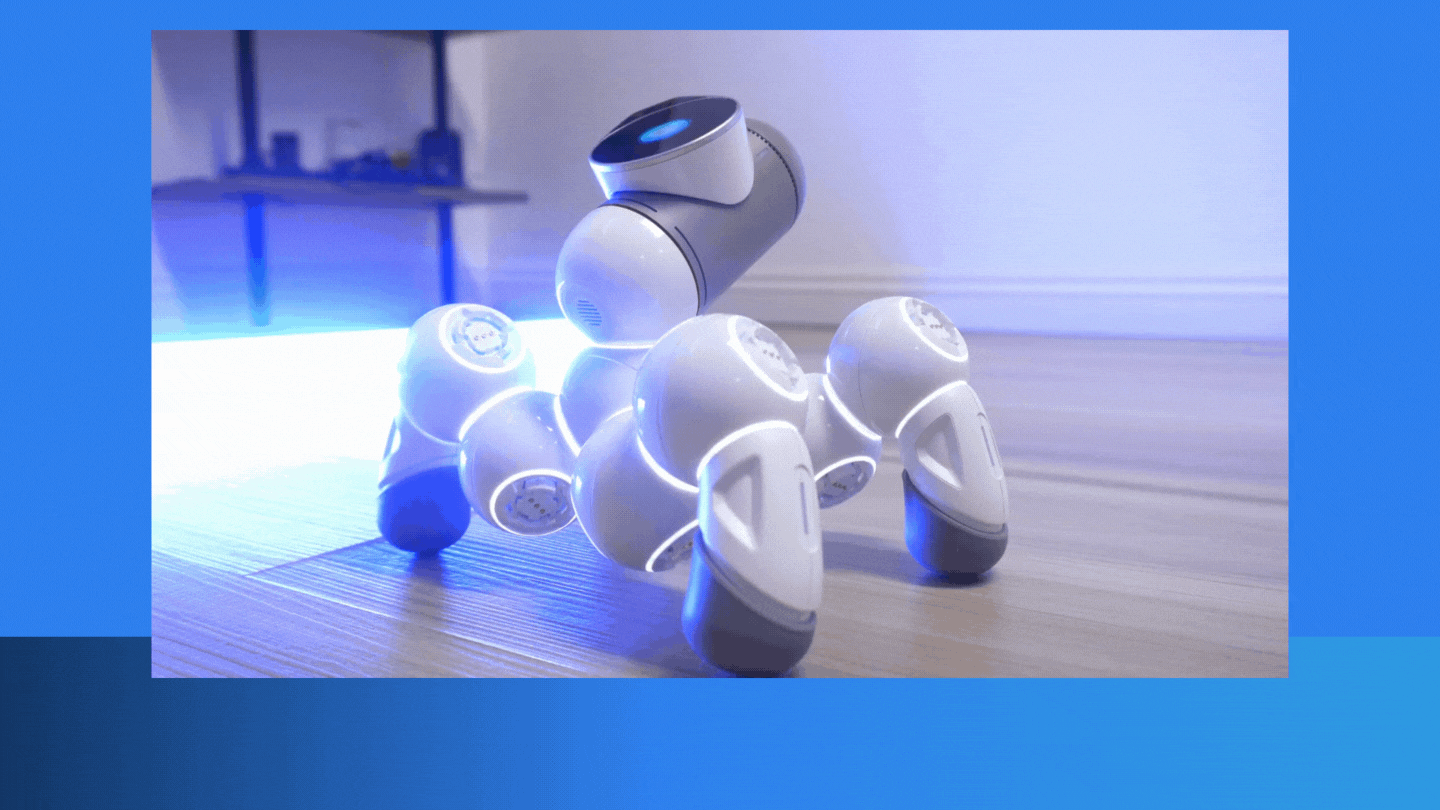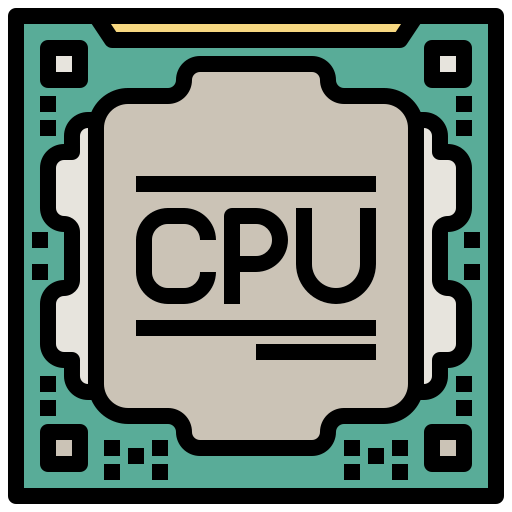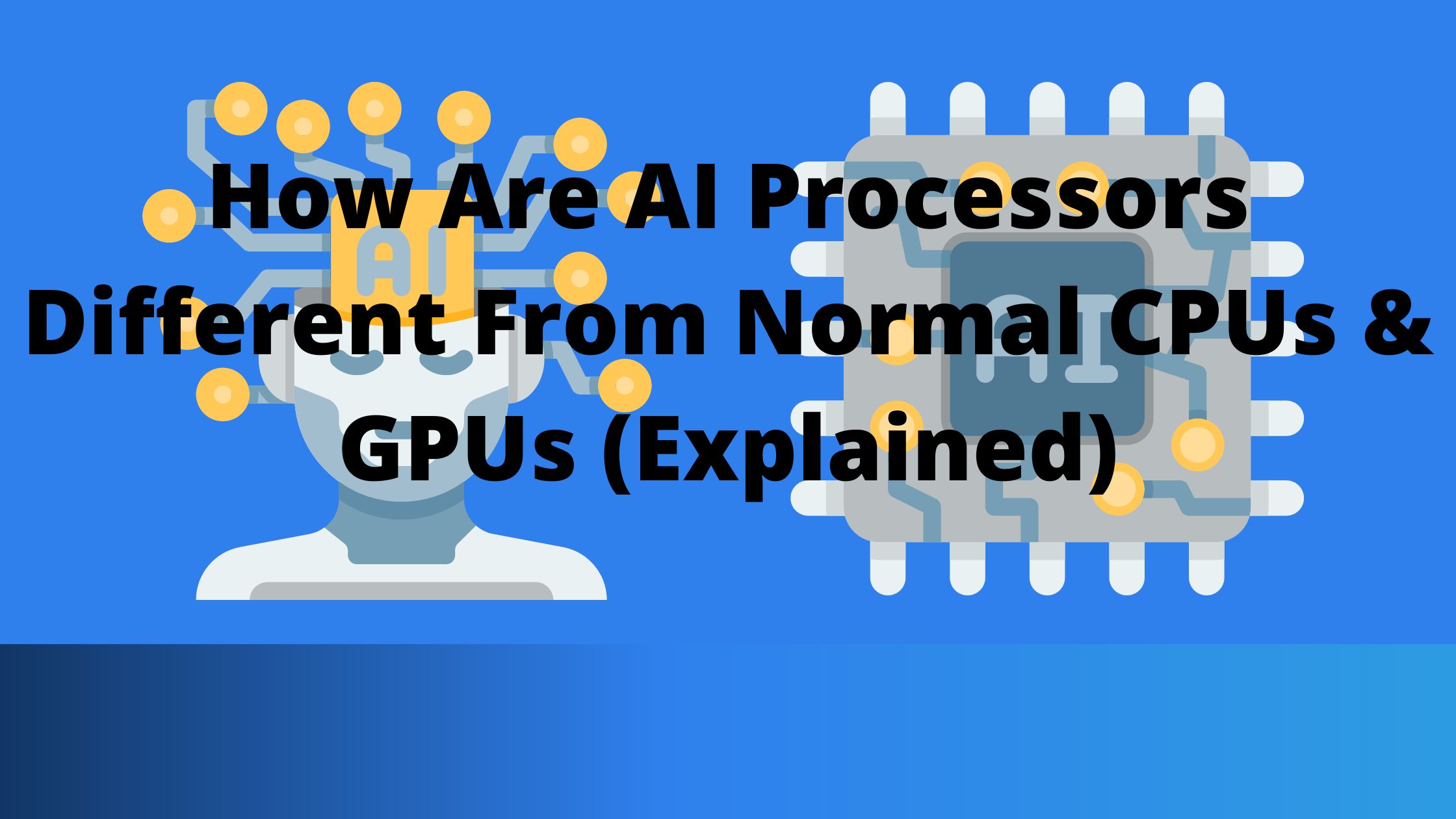Here is How AI Processors Different From CPUs And GPUs. The IT sector has undergone many changes over the years, and “Artificial Intelligence” is the most recent in a string of recent technological advances (AI). That said, in the current digital era, no technology has advanced as quickly as AI.
Today, practically every business is concentrating on AI, if you take a glance around. Some of the most popular keywords in AI right now are mobile processing, machine learning, personal assistants, bots, and personal assistants.
Similar to what the Internet did a few years ago, AI is the main force behind the transformation of practically everything.
The new ground-breaking technology known as the AI processor is doing the same thing to smartphones on the hardware side that virtual assistants did to smartphones on the software side.
Daily improvements are made to mobile CPUs, and many recently released smartphones, from iPhones to Google Pixel phones, contain hardware and software that is AI-focused.
With the aid of several initiatives, including Project Rome and others, Microsoft also unveiled the Intelligent Edge solution.
The most significant development in mobile technology appears to be AI processors. Siri, Google Now, and other examples of AI.
AI is currently being used by people to phone friends and family. Nearly all industries use AI systems today to carry out operations that increase efficiency.
Particularly since the introduction of new AI processors, mobile chips have become more intelligent and advanced.
But what does AI entail in terms of processing on a mobile device? What distinguishes it from a typical mobile chip?
What is an AI processor about?
The core idea of artificial intelligence, machine learning, is what enables intelligent machines to learn and make predictions.
AI processors perform the same duties that mobile GPU chips do, but for specific purposes as opposed to visuals.
In terms of mobile technology, chips, particularly Neuromorphic Processing Units (NPUs) designed to mimic the human brain, have generally made the most spectacular strides.
When it comes to mobile computing, the phrase “heterogeneous computing” is frequently used for AI.
The goal is to increase battery life and CPU power. With the new architecture, processing speed and energy efficiency have improved. Simply put, AI chips are made to perform particular AI tasks more effectively and efficiently.

What Does it mean by a normal processor?
The central processing unit, or CPU, is one of a computer’s most crucial components. Common names for the CPU include microprocessor and processor.
Additionally, processors—often referred to as mobile processors or mobile chips—are employed in portable devices like mobile phones.
The fundamental goal of mobile CPUs is to minimize their size, power consumption, and heat production.
Smartphones employ a System-on-a-Chip (SoC), an integrated circuit containing all the components on a single chip, rather than just processors.
A mobile device is defined by its SoC, which lowers the price and battery usage while simultaneously shrinking the device’s size and cost.
The major manufacturers of mid-range to high-end smartphone chipsets worldwide include Qualcomm, Samsung, Huawei, Intel, and MediaTek.
What are the differences between AI processors and normal processors?
-
AI processor and normal processor fundamentals
Generally speaking, mobile processors or mobile chips are used to describe processors used in portable devices like mobile phones.
Regular CPUs can be found in desktop computers as well as mobile phones, and they act as the engines of your mobile devices, carrying out and executing any tasks you ask of them.
It serves as the main hub of your smartphone and controls all of the applications you use on mobile.
AI chips, which are capable of more than simply the rudimentary tasks your phone can perform, are the mobile processors of the future.
AI chips are only made to perform particular AI functions more effectively and efficiently.
-
Technology
Artificial intelligence (AI) processors are specialized chips that combine AI and machine learning to give your mobile devices the intelligence needed to mimic the human brain.
Deep learning AI workloads are optimized with AI chips. Artificial intelligence can be attained through machine learning.
A system containing numerous processors, each with a specific function, is referred to as an AI chip.
Ordinary CPUs, which deliver all system characteristics required to enable mobile device applications, are placed in smaller chip packages and are designed to accommodate mobile applications.
-
Performance
Machine learning demands cannot be met by conventional processors since they are not sufficiently fit or equipped for the task.
A second Neural Processing Unit (NPU) is a feature of AI chips that can give substantially quicker AI performance and longer battery life.
AI chips provide high performance and power efficiency for AI applications thanks to their heterogeneous computing capabilities.
The processing and recognition of images become faster so that your smartphone can handle several tasks at once.
Additionally, they are substantially faster and more efficient than standard CPUs at handling specific programming jobs.
Final thought: My word
The short answer is that many of the intelligence characteristics that AI processors can handle simply cannot be supported by normal processors due to a lack of computational capability.
Large-scale computing tasks can be handled by AI processors much more quickly than by conventional processors.
The processors for computing activities with an AI focus and heterogeneous computing capabilities are called AI chips.
AI processors are specialized chips that use machine learning and AI technologies to enhance the intelligence of your mobile devices.
AI chips are simply made to perform difficult computational jobs faster and more effectively than conventional processors.
Related article:
What Parts Are Crucial to Build a Decent Gaming PC? (Explained)

